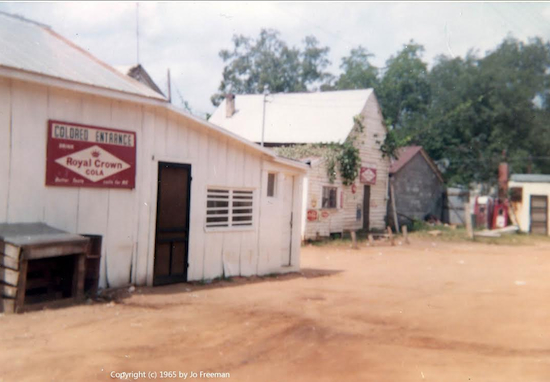Former volunteers, now in Brooklyn, recall Summer Voting-Rights Project of 1965

The Mississippi “Freedom Summer” of 1964 is well-known to most Americans, thanks to the tragic murders of James Chaney, Andrew Goodman and Michael Schwerner, as well as the movie “Mississippi Burning.”
Not as well known, however, is a voting-rights project that took place during the summer of 1965 that also used college-age volunteers. It was called Summer Community Organization and Political Education (SCOPE) and was sponsored by the Southern Christian Leadership Conference (SCLC).

Brooklyn Boro
View MoreNew York City’s most populous borough, Brooklyn, is home to nearly 2.6 million residents. If Brooklyn were an independent city it would be the fourth largest city in the United States. While Brooklyn has become the epitome of ‘cool and hip’ in recent years, for those that were born here, raised families here and improved communities over the years, Brooklyn has never been ‘uncool’.